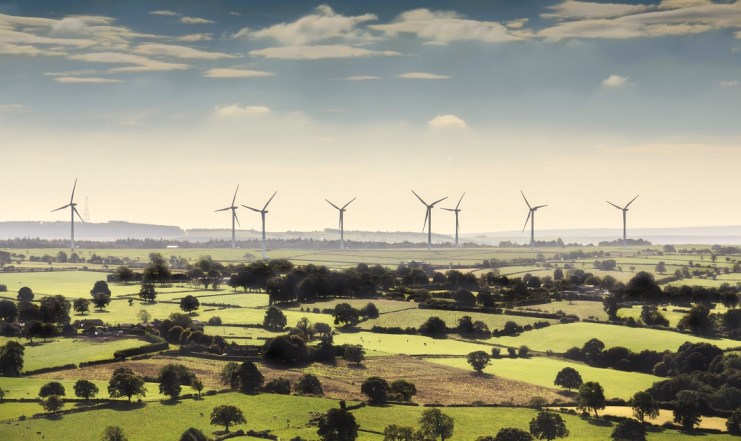SSE warns Sunak against expanding windfall tax to electricity generators

Investor confidence in electricity generators has been dampened by reports Chancellor Rishi Sunak could extend the windfall tax to renewable energy sources, warned SSE chief executive Alistair Phillips-Davies.
The energy boss told The Financial Times that the threat was “unhelpful” and poorly timed, just as companies planned to invest billions into new energy projects in Britain.
This follows Sunak’s decision last month to bring in the Energy Profits Levy, a further 25 per cent tax on North Sea oil and gas operators alongside the current 40 per cent special corporation tax rate.
The government is harnessing record profits for fossil fuel traders amid soaring oil and gas prices to help ease household bills, with the three-year levy partially funding a £15bn support package for energy users.
There are growing expectations this could be extended to energy generators and renewable projects to eke out more money from the energy sector to tame the cost of living crisis.
Phillips-Davies told the newspaper: “They used the word extraordinary profits [to justify the proposal]. Where are these extraordinary profits? I’m not entirely sure where the windfall is. Given that we have got very well-developed plans to invest lots in [energy] networks, lots in renewable generation, it’s very clear from the share price reaction that they are affecting investor confidence and that is unhelpful for us.”
Sunak has described electricity generators’ profits as “extraordinary” and announced last month he was considering “appropriate steps” to ensure generators also contributed towards support for consumers.
This has helped wipe billions of pounds off the value of power companies including SSE, Drax and Centrica and has even triggered criticism from the Labour Party which spent months pressuring the government for a windfall tax.
SSE has pledged to invest more than £24bn this decade in clean energy infrastructure in Britain.
It is developing vast new wind projects such as Dogger Bank off England’s north-east coast, which will be the world’s biggest offshore farm when it is finished in 2026.
Phillips-Davies said SSE would still be able to build the projects in its £24bn pipeline if the tax is expanded to include electricity generators.
However, he warned ministers: “If somebody decides to change tax laws we will have to restructure our projects so they still make money.”
SSE’s adjusted operating profit rose 15 per cent to £1.5bn in the year to March 31, boosted by its gas-fired power stations and hydro plants that help to meet supply when renewable technologies, such as wind, are not generating.
Profit at SSE Thermal, which includes its gas plants, jumped 91 per cent last year to £306.3m.